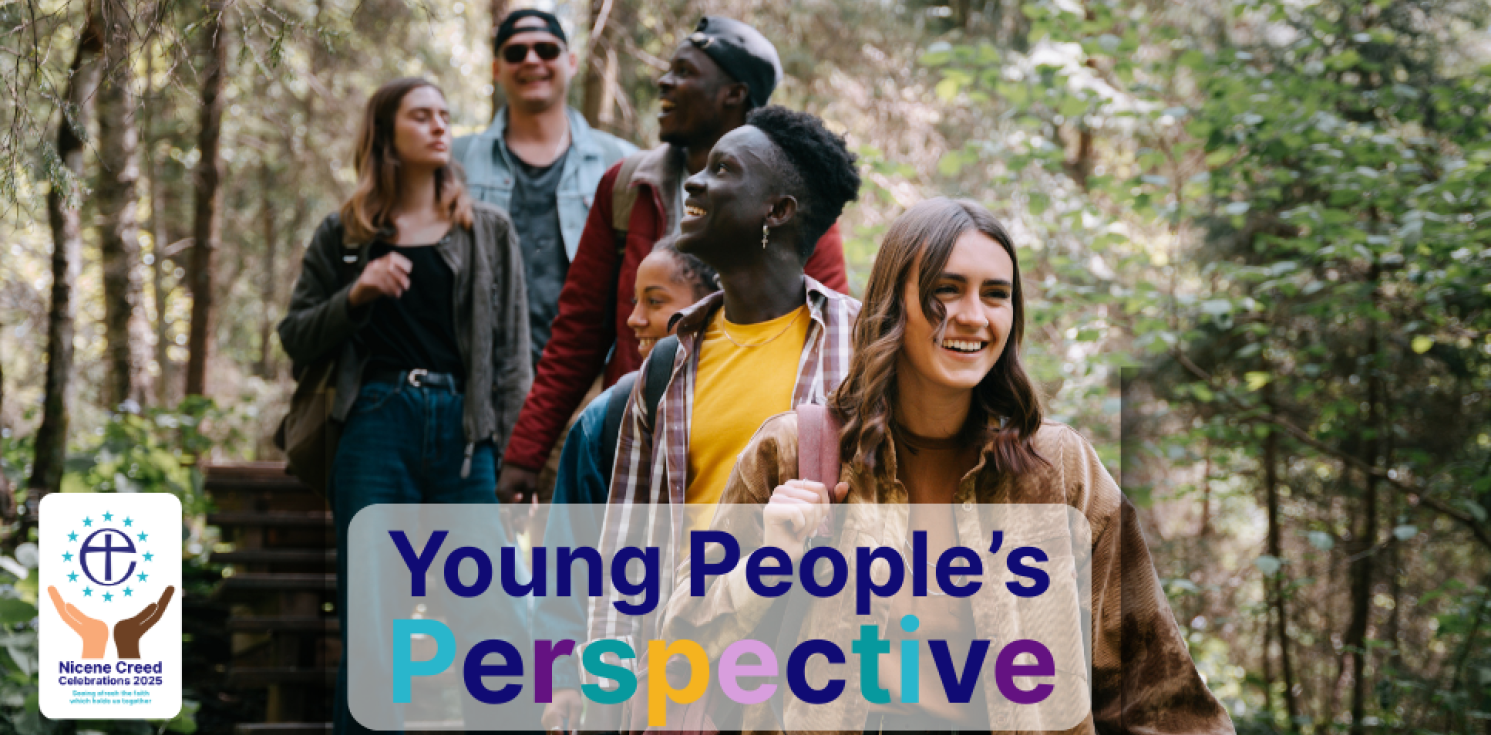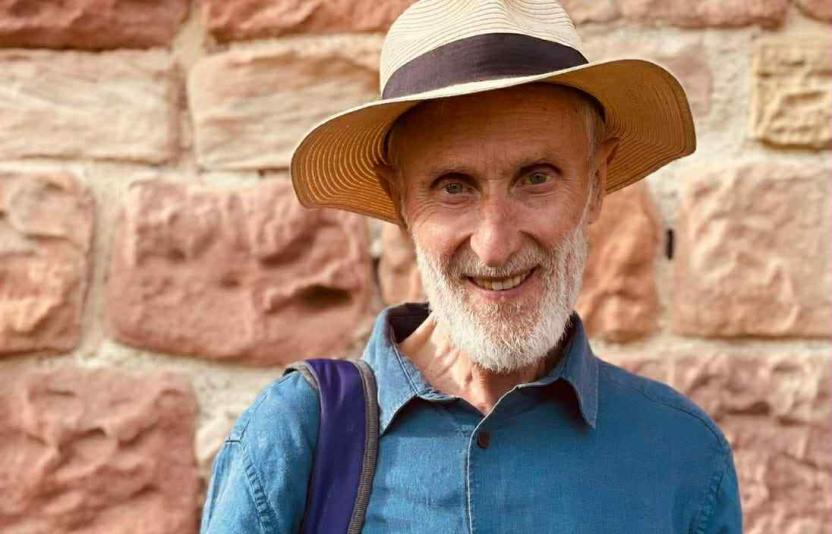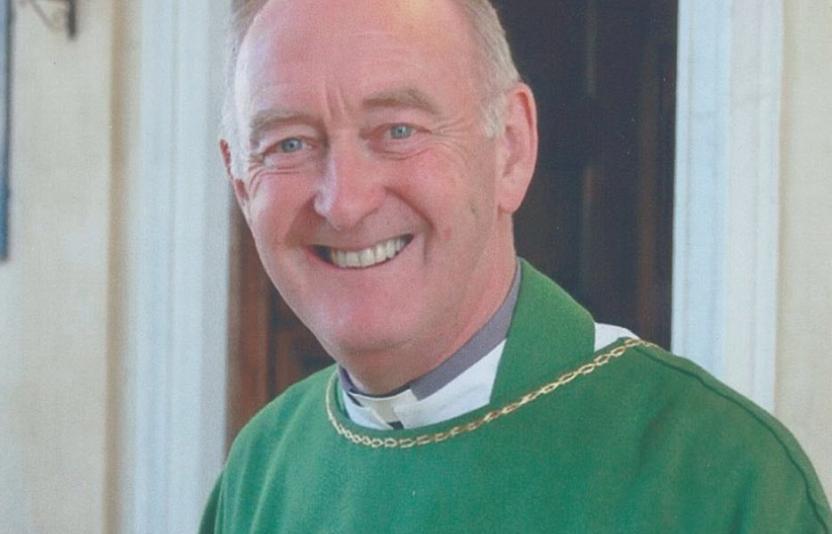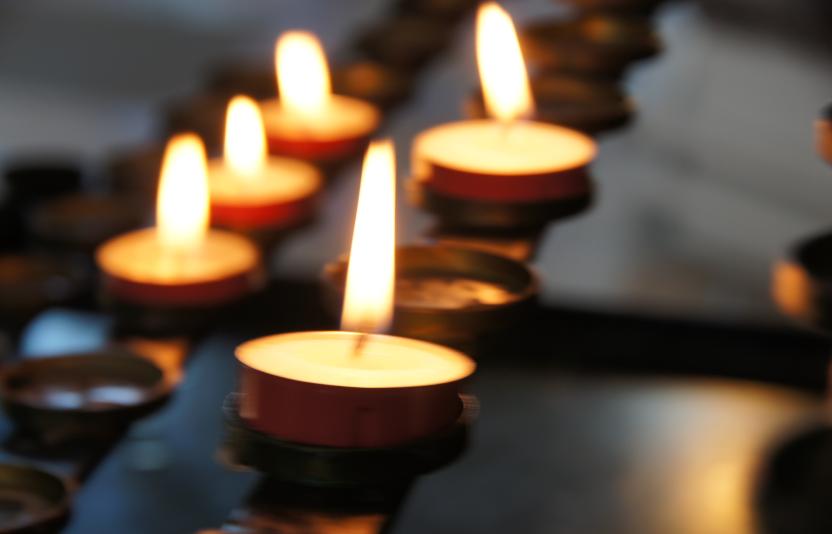Young People’s Hope for Unity and Peace in the Nicaean Creed 1700 Years on...

Our insightful series of reflections on the Nicene Creed from various voices across the diocese continues with one of the youth representatives to the Diocesan Synod:
Young People’s Hope for Unity and Peace in the Nicaean Creed 1700 Years on...
This summer, I had the extraordinary privilege of journeying to Nicaea, modern day Iznik, a place where ecumenical leaders grappled with questions about the divinity of Christ, about truth, peace and unity of the church. The experience was deeply personal and profoundly spiritual. I was not simply visiting a historical landmark. I was walking into the story of our shared faith, standing where the early Church gathered, prayed and reflected on questions that continue to define our faith and worship today.
In Nicaea, I witnessed and experienced the place where bishops met in 325 AD for the first Ecumenical Council. Their debates were not distant from ours today, they were about the very nature of who Jesus is and what it means to confess Him as Lord. If you reflect deeply, you will realize that the questions they wondered about, who is Christ? Where does He come from? How do we find our belonging with him? Are still the questions young people ask today as they relentlessly seek to establish their identity with the church. These questions are foundational to our faith and deeply wresting with them, is a living journey where young people long for authenticity and truth.
For me, a regular member at St. Nicholas Anglican Church, the journey carried an even deeper resonance because this sacred place of worship is dedicated to St. Nicholas of Myra, who himself took part in the Council of Nicaea. Saint Nicholas is remembered as a defender of truth, a figure of generosity, a protector of the vulnerable and importantly, he is remembered as a patron saint for children and young people. Reflecting on St. Nicholas’ contribution at the Council is an invitation for the young people to embody courage, champion truth and practice compassion in own spiritual journeys.
My trip came only months after our own Bishop Robert joined a special Nicaean pilgrimage commemorating 1700th anniversary of the Creed. The anniversary is not only about remembering history but also about renewing the Church’s unity in the fractured world, that desperately needs reconciliation. To quote Bishop Robert in his Synod address, the anniversary provides us with yet another unique opportunity “to proclaim our ancient faith afresh in our generation.” For us, the young people, this is especially powerful. We long for a Church that heals, that listens to us, that trusts us, and that invites us to help build bridges across generations and across divides.
The words of the Creed do not belong to the bishops alone nor do they belong to the 4th century church. They belong to us too, the young people, as much as they did to the bishops who gathered at Nicaea and to the bishops and believers who journeyed the pilgrimage this year. Bishop Robert’s dedication to the youth ministry, ecumenical unity and peace as well as his example on this anniversary is a calling for the young people to courageously, inclusively and faithfully witness to Christ in ways that bring healing and hope to the fractured world. It is an invitation to the young people into the heart of the church, to take our place, to believe and keep proclaiming the words of the Creed until Jesus comes again to save the living and the dead.
Written by one of the youth representatives to the Diocesan Synod.
You can download this reflection here: A Young Person's Perspective


